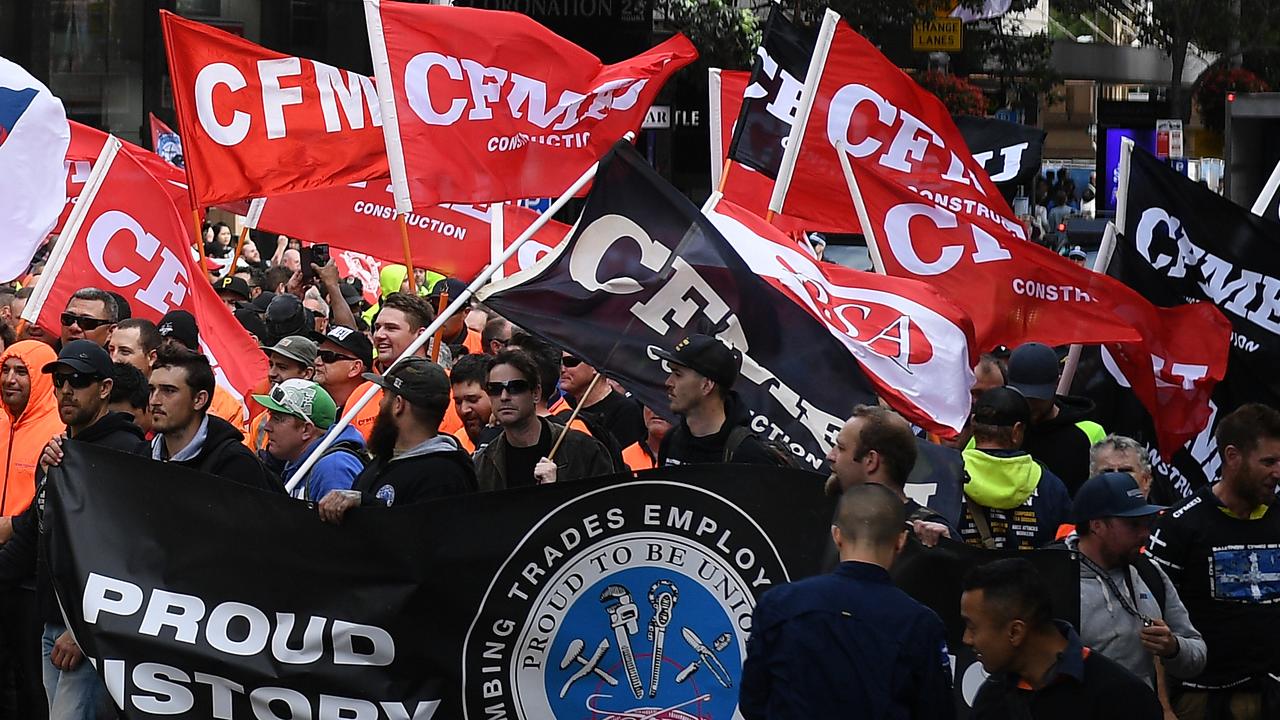Small business backs ‘perma-flexi’ worker plan
The Small Business Ombudsman supports a new ‘perma-flexi’ employee category.

Small Business Ombudsman Kate Carnell has lent support to an employer push to create a new “perma-flexi” employee category, as unions warned mining companies that they could be complicit in breaking the law following a precedent-setting court judgment.
The NSW Business Chamber has applied to the Fair Work Commission to create the employee category in a bid to circumvent the court ruling they fear could cost business billions of dollars.
The Federal Court found Queensland truck driver Paul Skene, who was employed as a casual, was not a casual because of the regular and continuous nature of his work on a fixed roster, and was entitled to receive accrued annual leave pay.
Jobs and Industrial Relations Minister Kelly O’Dwyer said yesterday the government was concerned about the potential impact on small business of employees being able to “double-dip” on their entitlements.
Under the chamber proposal, employers would be able to convert a regularly rostered casual into a perma-flexi employee who would be paid leave entitlements, including annual and sick leave, but the 25 per cent loading paid to casuals would be cut to 10 per cent, and employers would have the capacity to increase or decrease employee hours from week to week.
Ms Carnell said the proposal “could be the way to go”.
She said casual workers currently received none of the benefits of permanent employment. “This could create a scenario where they do have benefits,’’ she told the ABC.
“Less loading (but) they still get more money than if they were permanent.’’
The CFMEU has written to the operators of coalmines in NSW and Queensland to warn them they may be complicit in breaching the Fair Work Act by specifying that labour hire companies supply casual workers in circumstances that are not genuinely casual.
CFMEU national president Tony Maher said the rapid casualisation of the industry had been driven by mine operators, with labour hire companies competing to meet their demands in order to win contracts.
“Labour hire companies are the direct employers of casuals on mine sites,’’ Mr Maher said. “But our understanding is that mine operators commonly specify the terms under which labour hire workers are employed.
“Mine operators are on notice that if they encourage work practices on their sites that breach the law, they will be held accountable.”
ACTU secretary Sally McManus said under the chamber proposal, workers would have their casual loading cut, would not have guaranteed hours and could not predict their income or hours from week to week.
“Unfortunately, many employers would jump at the opportunity to casualise their workforce so they can chop and change their hours of work whenever they like,’’ she said.




To join the conversation, please log in. Don't have an account? Register
Join the conversation, you are commenting as Logout